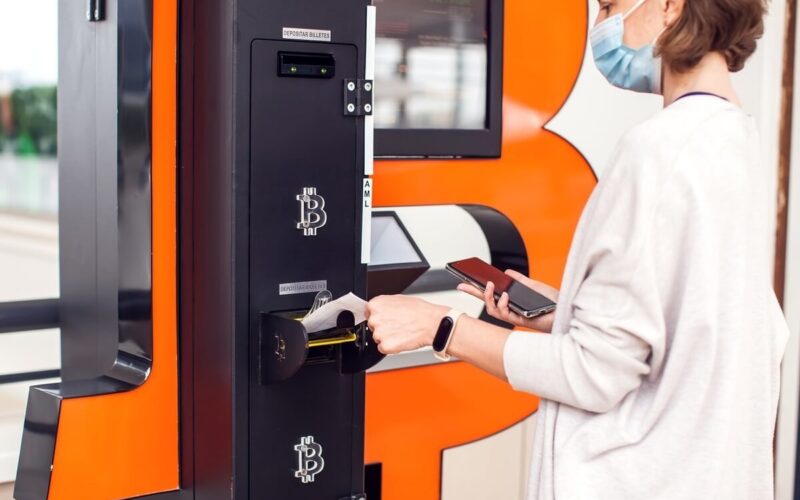Bitcoin (BTC) ATM scams are on the rise, resulting in unsuspecting individuals losing significant amounts of money. A recent incident reported by The Los Angeles Times highlights the elaborate tactics scammers employ to deceive their victims.
The Art of Deception
“They played on fear and what a parent would do to help their kid, and it was elaborate,”
– Jim Meduri
Jim Meduri from San Jose fell victim to a scam where he received a phone call from someone impersonating his son. The caller claimed to be involved in a car accident and fabricated a story about a potential transfer to Nevada due to a mumps outbreak in the local jail. Concerned for his son’s well-being, Meduri agreed to send bail money through a Bitcoin ATM. He deposited $15,000 in cash and followed the scammers’ instructions, only realizing later that he had been defrauded.
Meduri’s case is just one example of scammers exploiting Bitcoin ATMs to defraud unsuspecting victims. These ATMs, conveniently located in stores, gas stations, and even bakeries, allow individuals to quickly purchase cryptocurrency using cash, which is harder to trace compared to wire transfers or checks.
Protective Measures
Law enforcement agencies are increasingly warning the public about this growing trend of Bitcoin ATM scams. In response, California will implement Senate Bill 401 starting in January, which limits cryptocurrency ATM transactions to $1,000 per day per person. The bill also sets a cap of $5 or 15% of the transaction amount (whichever is greater) on fees imposed by Bitcoin ATM operators, starting in 2025.
These measures aim to protect individuals from falling victim to scams and prevent large cash amounts from being used for cryptocurrency purchases. Regulators argue that limiting transactions on Bitcoin ATMs will give people more time to recognize fraudulent schemes and prevent them from using significant cash amounts to buy cryptocurrency.
However, crypto ATM operators contend that excessive regulation and stringent requirements will harm their industry and the small businesses hosting these machines. They suggest implementing enhanced identification requirements for high-value transactions and flagging suspicious activities to effectively deter scammers.
“It is essential that we strike the appropriate balance between protecting consumers from harm and fostering a responsible innovation environment.”
– Charles Belle
Charles Belle, the executive director of the Blockchain Advocacy Coalition, emphasizes the need for a balanced approach that protects consumers without stifling innovation.
Cryptocurrency scams have been a problem even before the popularity of digital assets. According to the Federal Trade Commission, over $1 billion in cryptocurrency has been lost to scams, with more than 46,000 victims reported since 2021.
While Bitcoin ATMs have provided convenience for cryptocurrency enthusiasts, it is crucial to stay vigilant and take precautions to avoid falling victim to scams.
















